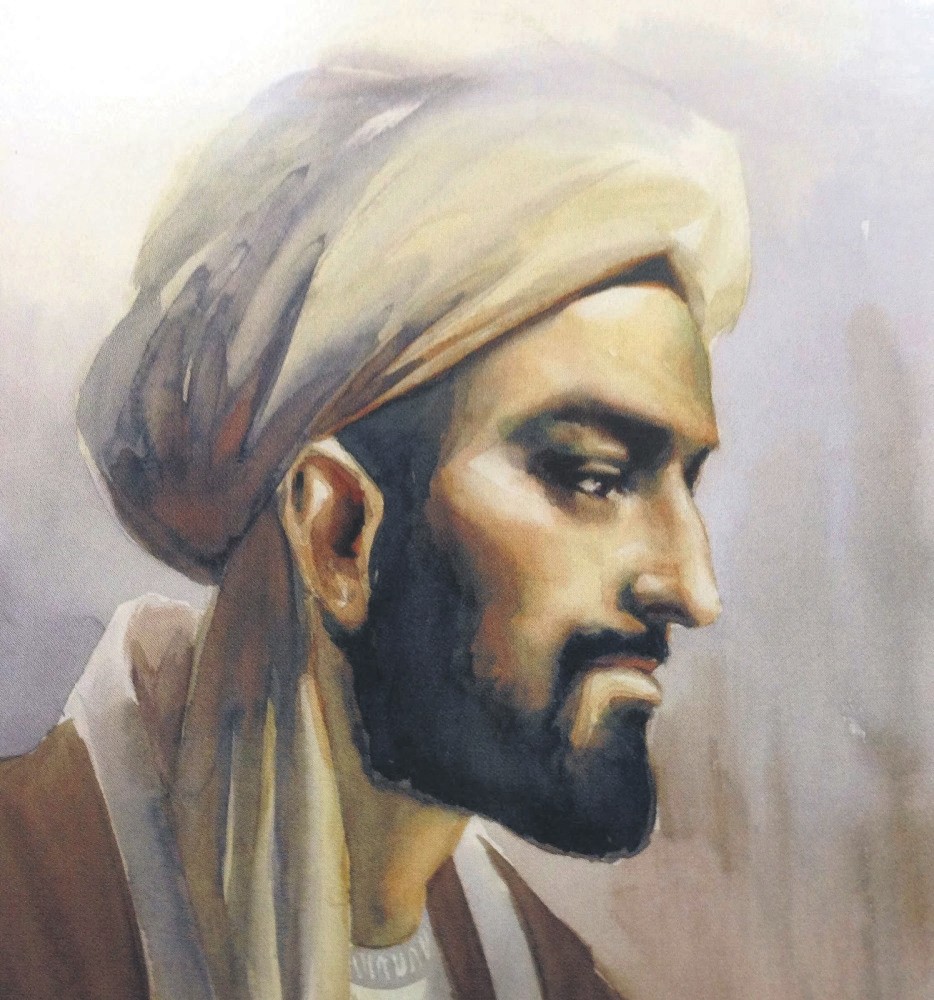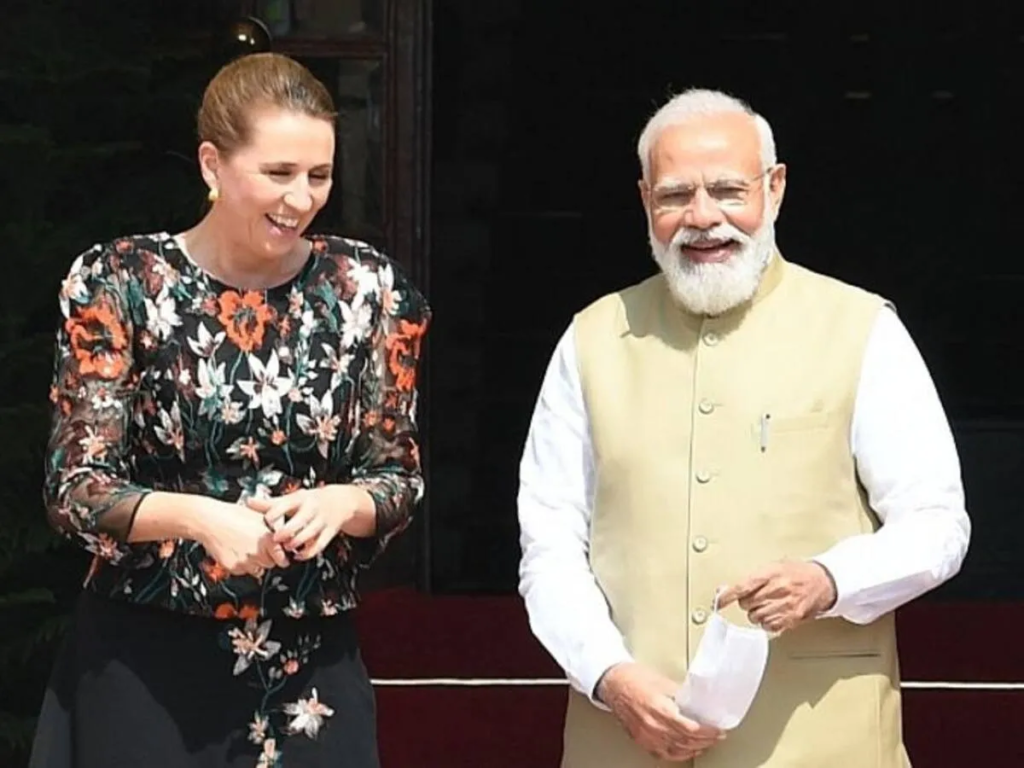Navigating the Tapestry of History and Philosophy

By Professor Habib Al-Badawi
In the intricate tapestry of human existence, history and philosophy emerge as twin strands, interwoven and inseparable. As we embark on a journey to explore the Texas-United States conflict through the lenses of Ibn Khaldun’s profound insights, we find ourselves traversing the corridors of time and delving into the depths of human thought.
- With its ceaseless march, history serves as the backdrop against which the present conflict unfolds. It is a repository of narratives, a mosaic of triumphs and tribulations, shaping the contours of our collective identity. The Texas-United States conflict, a contemporary chapter in this grand narrative, draws upon historical precedents, echoing the struggles and aspirations of those who came before.
- Philosophy, the eternal quest for understanding, provides the intellectual framework to interpret the complexities of the human experience. Ibn Khaldun, a philosopher, sociologist, and politician of medieval times, extends an invitation to engage in a dialogue across centuries. His ideas, rooted in the historical context of his era, reverberate through time, offering timeless insights into the nature of the state, the dynamics of power, and the cyclical patterns shaping civilizations.
As we embark on this exploration, the intersection of history and philosophy becomes the crucible of understanding. Ibn Khaldun’s conceptualization of the state as the “spatial and temporal extension of the rule of a particular faction” functions as our guiding star. It beckons us to examine the events that unfold and the undercurrents of political rule, societal structures, and the intricate dance between federal and state authorities.
The factors contributing to the fall of the state, as delineated by Ibn Khaldun, form the foundational pillars of our analysis. The monopoly of power, corruption of state fanaticism, indulgence in luxury, lack of production, and defects in essential state elements become the key to unravelling the intricacies of the Texas-United States conflict. They serve as the threads that weave through the historical context, offering a tapestry of understanding.
As we examine Ibn Khaldun’s classification of countries into diverse types—the state of the natural order, the state of the Sharia system, the state of the positive system, and the state of the civil system—invites us to contemplate the ethical dimensions of governance. As we examine the conflict, we ponder whether the struggle for authority aligns with principles rooted in serving justice and legitimate rule or deviates into realms devoid of ethical considerations.

The theory of cyclical succession introduces a temporal dimension to our analysis. Through the phases of victory, tyranny, emptiness, contentment, and extravagance, we discern the evolutionary trajectory of political entities. Applying this theory to conflict, we seek to understand the present situation and envisage potential future developments, acknowledging the cyclical nature of political systems.
Ibn Khaldun’s analogy between the lifespan of an organic organism and that of a state adds a contemplative layer to our exploration. The notion that any state has a lifespan of one hundred and twenty years, consisting of three generations of forty years each, encourages us to view the conflict not merely as a snapshot but as part of a broader historical narrative.
In this preface, we stand at the crossroads of history and philosophy, poised to unravel the complexities of the Texas-United States conflict through the wisdom of Ibn Khaldun. As we embark on this intellectual voyage, let us navigate the currents of time and thought with curiosity, seeking insights that bridge the gap between past and present and illuminate the path to a deeper understanding of the delicate balance between national and state interests.
Ibn Khaldun’s Insights and the Texas-U.S. Standoff
In the context of the current Texas-United States conflict, delving into the ideas and perspectives of the philosopher, sociologist, and politician Ibn Khaldun emerges as a paramount undertaking. His comprehensive insights into the conceptualization of the state, its historical emergence, and the multifaceted factors contributing to its decline provide an invaluable lens through which to scrutinize the complexities of the ongoing situation.
This analysis will expand upon our previous exploration, integrating additional dimensions to offer a scholarly and historical examination. Ibn Khaldun’s foundational premise is that the state represents the “spatial and temporal extension of the rule of a particular faction.” This conceptualization underscores the inseparable connection between the state, society, and political rule. In applying this framework to the Texas-United States conflict, it becomes essential to evaluate how the dynamics between federal and state authorities are intertwined with societal structures and political rule.
The multifaceted factors contributing to the fall of the state, as identified by Ibn Khaldun, present a comprehensive framework for understanding the challenges faced by political entities during times of upheaval. The dangers of a monopoly of power, corruption of state fanaticism, indulgence in luxury, lack of production, and defects in essential state elements highlight vulnerabilities that, if unaddressed, can lead to the destabilization of the state. As we analyze the Texas-United States conflict, these factors become touchstones for evaluating the strengths and weaknesses of both federal and state governance.
Ibn Khaldun’s classification of countries into four types—the state of the natural order, the state of the Sharia system, the state of the positive system, and the state of the civil system—presents a nuanced spectrum of governance principles. His preference for the state of the Sharia system, rooted in serving the Sharia and relying on legitimate rules, adds a layer of ethical consideration to the analysis. How the conflict aligns with or deviates from these governance principles provides insight into the ethical dimensions of the struggle for authority.
The theory of cyclical succession, delineating the five phases a state undergoes—victory, tyranny, emptiness, contentment, and extravagance—introduces a temporal dimension to the analysis. Applying this theory to the Texas-United States conflict, one can trace the evolution of political power, economic organization, and the behaviour of rulers over time. Understanding the present situation through the lens of these phases offers a predictive element, allowing for a more informed analysis of potential future developments.

Ibn Khaldun’s analogy between the lifespan of an organic organism and that of a state provides a captivating perspective on the temporal nature of political entities. The suggestion that any state has a lifespan of one hundred and twenty years, consisting of three generations of forty years each, prompts reflection on the cyclical nature of political systems. How the current conflict aligns with the phases of this cyclical succession offers a historical and predictive dimension to our analysis.
Accordingly, Ibn Khaldun’s profound insights into the nature of the state, its vulnerabilities, and the cyclical patterns it undergoes serve as a rich foundation for interpreting the Texas-United States conflict. The emphasis on justice, governance principles, and the organic nature of statehood contributes to a nuanced understanding of the ongoing struggles between federal and state authorities. By integrating these perspectives, our analysis moves beyond a contemporary examination, evolving into a scientific-historical exploration that provides valuable insights for evaluating the delicate balance between national and state interests.
Echoes of Ibn Khaldun in the Texas-U.S. Standoff
In tracing the contours of the Texas-United States conflict through the lens of Ibn Khaldun’s profound insights, we find ourselves at the confluence of history, philosophy, and contemporary struggles for authority. The intricate tapestry of human experience, woven with the threads of time and thought, unravels a narrative that echoes the wisdom of a medieval philosopher in the context of a modern-day standoff.
Ibn Khaldun’s conceptualization of the state as the “spatial and temporal extension of the rule of a particular faction” resonates as we witness the clash between federal and state authorities in the vast expanse of Texas. The state, inseparable from society and political rule, becomes the stage upon which political ideologies, legal battles, and societal aspirations converge.
The factors contributing to the fall of the state, identified by Ibn Khaldun, serve as beacons illuminating the challenges faced by political entities in times of upheaval. The dangers of a monopoly of power, corruption of state fanaticism, indulgence in luxury, lack of production, and defects in essential state elements become touchstones for evaluating the strengths and vulnerabilities of both federal and state governance.
Ibn Khaldun’s classification of countries into distinct types invites us to ponder the ethical dimensions of governance. In the Texas-U.S. conflict, we discern echoes of his inclination towards the state of the Sharia system, rooted in justice and legitimate rule. As the struggle for authority unfolds, we scrutinize whether ethical considerations guide the actions of those in power or if the contest deviates into realms devoid of principled governance.
The theory of cyclical succession, which delineates the phases a state undergoes, adds a temporal dimension to our analysis. Through victory, tyranny, emptiness, contentment, and extravagance, we trace the evolution of political power, economic organization, and the behaviour of rulers. Applying this theory to the conflict, we discern patterns that transcend the immediacy of the standoff, offering a historical and predictive lens.
Ibn Khaldun’s analogy between the lifespan of an organic organism and that of a state prompts contemplation of the cyclical nature of political systems. The suggestion that any state has a lifespan of one hundred and twenty years, consisting of three generations of forty years each, invites us to view the Texas-U.S. standoff not merely as a snapshot but as part of a broader historical narrative.
As we draw the curtains on this exploration, the wisdom of Ibn Khaldun serves as a timeless guide through the corridors of human history and political philosophy. The Texas-U.S. standoff, with its complexities and echoes of historical patterns, becomes a contemporary chapter in the ongoing narrative of federal and state relations. In the delicate balance between national and state interests, the legacy of Ibn Khaldun offers insights that transcend temporal and geographical boundaries.
Ultimately, as we contemplate the denouement of the Texas-U.S. conflict, let us carry forward the lessons gleaned from Ibn Khaldun’s sagacity. In navigating the currents of contemporary disputes, may we strive for governance rooted in justice, ethical considerations, and an understanding of the cyclical nature of political entities.
For in the echoes of Ibn Khaldun, we find not only an insightful guide for the present but a beacon illuminating the path to a more nuanced understanding of the delicate interplay between the state and federal authorities in the pages of history.
Bibliography
- Texas Governor’s Office. (2024, January 24). Border Statement. Texas Governor’s Office. https://gov.texas.gov/uploads/files/press/Border_Statement_1.24.2024.pdf
- FROMHERZ, A. J. (2011). Ibn Khaldun: Life and Times. Edinburgh University Press. http://www.jstor.org/stable/10.3366/j.ctt1r25pb
- Khaldûn, I. (2015). The Muqaddimah: An introduction to history – Abridged edition. Princeton University Press.
- Badawi, H. (2024). Eagle Pass Standoff: Unveiling the Border Dispute and Its Implications for Federal-State Dynamics. International Dynamics Review.https://www.linkedin.com/feed/update/urn:li:activity:7158165749344186370/
- ROSENTHAL, F. (2005). The Muqaddimah: An Introduction to History – Abridged Edition (N. J. DAWOOD, Ed.; ABR-Abridged). Princeton University Press. https://doi.org/10.2307/j.ctvwh8dcw



